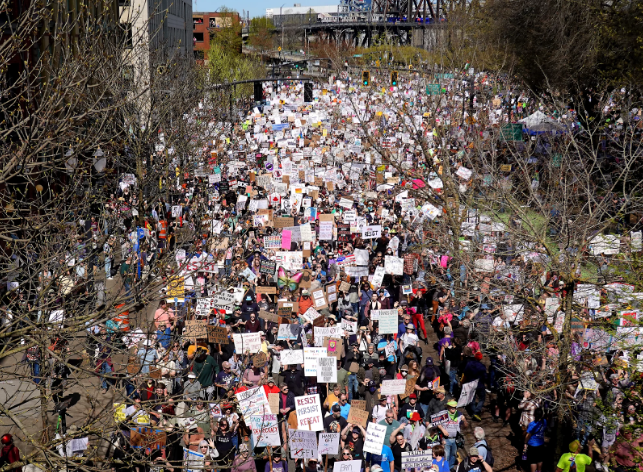Remote work was once seen as a perk for a select few. However, the pandemic forced businesses worldwide to quickly adopt and adapt to remote work models. Many employees are now returning reluctantly to traditional office spaces from their found compelling remote work. In turn, this creates a profound impact on work culture in office spaces, and production ethic.
Significant technological advancements made remote work more feasible, but that isn’t the only consideration when it comes to conducting business. Companies are investing in state-of-the-art technology to support remote collaboration, video conferencing, and project management. Cutting-edge technology facilitates seamless communication between remote and in-office teams.
A trend in the aftermath of the pandemic is the adoption of hybrid work models. These models have employees split their time between remote work and office work. This approach offers a balance between the flexibility of remote work and the often needed benefits of in-person collaboration. It’s a shift that has required companies to re-imagine their office spaces.
Remote work was held as a perk for a select few professional subgroups. However, because of the COVID-19 pandemic, it caused businesses to rapidly adapt to nuanced work models instead. Employees previously found the benefits of remote work to be compelling compared to what traditional office spaces once gave them. Reduced commuting, increased flexibility, and improved work-life balance are just a few of the advantages that remote work offers.
The pandemic prompted businesses to re-evaluate their office spaces. Many companies have downsized their physical offices as they’ve embraced hybrid-work models, and reduced their real estate footprint on ecosystems. . Traditional cubicles and corner offices have been repurposed to open, collaborative workspaces and shared deskspace. Companies are also focusing on creating a more inviting and employee-friendly environment to entice workers back in. These companies take initiative and are taking inspiration from Google’s Digital Workspace.
Changes in the world of work did not only impact office spaces, but the urban industrialization and commercial real-estate industry. Certain cities re-evaluate zoning regulations and invest into mixed-use developments. Whereas landlords and estate developers adapt to these demanding office space fluctuations. These groups in positions of power have open mindsets malleable to these flexible lease terms.
The remote work impact on office spaces is a complex and evolving subject. While the traditional office space may never fully return to its pre-pandemic form, this transformation presents these challenges and opportunities. Companies must continue to adapt, focusing on creating flexible, engaging office environments. Those implementations should cater to the changing needs of the modern day workforce. The future of office spaces is evolving, and these discussions surrounding its holistic transformation is far from over.














